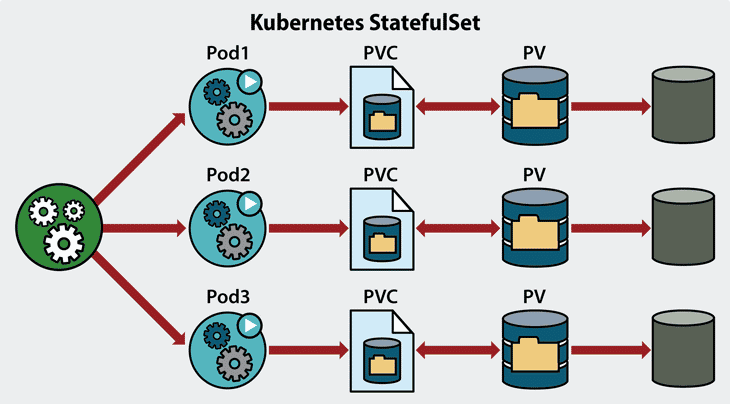You’ll understand by now that Docker helps you “build” containers, whereas K8 lets you “manage” them at runtime. Docker is used to package and run your applications. K8s lets you deploy and scale your applications in the same way. You can get more information about the best kubernetes storage solution via https://kubevious.io/blog/post/comparing-top-storage-solutions-for-kubernetes/.

Kubernetes only appears when there are more containers to manage. While the big tech giants are trying to adapt to Kubernetes, small startups shouldn’t need K8 to manage their applications.
However, as the company grows, their infrastructure needs will increase. As a result, the number of containers will increase, which may be difficult to manage. Voila! This is Kubernetes.
Together, docker and K8 serve as digital transformation tools and tools for modern cloud architectures. The use of both has become the new norm in the industry for faster application implementations and releases.
As noted above, just running containers in production isn’t enough, they need to be configured, and Kubernetes has some great features that make working with containers a lot easier. The K8 provides us with automatic scaling, health check and load balancing, which are essential for container life cycle management.
Kubernetes constantly checks implementation status according to the yaml definition. If a docker container falls, K8 will automatically rotate the new one.
In short, docker containers help you isolate and package your software across the country. Kubernetes, on the other hand, helps you with provisioning and managing your containers. The export point is that the combination of docker and Kubernetes increases confidence and productivity for everyone.
 Hi, my name is Martin and I am a teacher at Davis School of sports, Sacramento. Learning new stuff and writing about the latest topics is my hobby. I came up with Blue Water Fishing Classic so that knowledge can be shared without any limitations.
Hi, my name is Martin and I am a teacher at Davis School of sports, Sacramento. Learning new stuff and writing about the latest topics is my hobby. I came up with Blue Water Fishing Classic so that knowledge can be shared without any limitations.